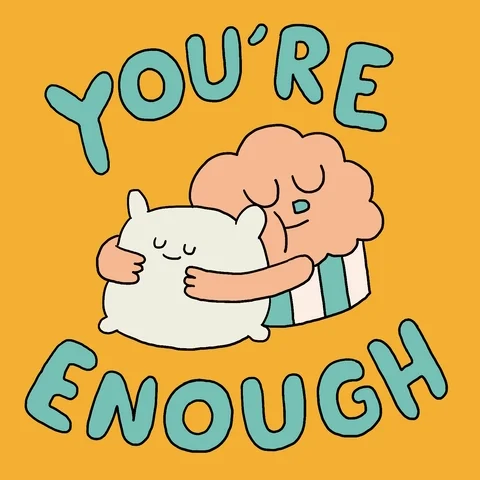 This Byte depicts instances of self-harm and may be disturbing to some audiences.
This Byte depicts instances of self-harm and may be disturbing to some audiences.
Imagine one of your friends comes to you privately. They may have something to tell you but keep hesitating. You see several scars left by knife cutting on their forearms. Then, your friend starts to cry and tells you that they can't hold it anymore.
What will you do when faced with this situation?
 Photo by Sarath P Raj on Unsplash
Photo by Sarath P Raj on UnsplashHere are some suggestions on how to support your friend in this situation.
Be a calm and caring listener
First of all, remember to respond with an empathetic attitude to show the person that you understand and care for them. You can use statements such as “I’m here for you,” or “I can see that you’re going through a difficult time.”

Stay calm and non-judgmental. Keep your own emotions in check. You should approach the conversation with a calm and non-judgmental demeanor and avoid expressing shock, anger, or disappointment.

Be an active listener. Let the person talk and express their feelings. Show that you care about their experiences. Avoid interrupting or offering immediate solutions.
Quiz
What might be a proper statement to say to you self-harming friend when they come to you for help?
Encourage Further Communication
Encourage the person to talk about their feelings and struggles. Sometimes, having a supportive friend to confide in can be a crucial part of the healing process.
 Photo by Alexis Brown on Unsplash
Photo by Alexis Brown on UnsplashTry to follow these tips when you're talking with your friend:
You should ask open-ended questions. In this way, your friend may share more about their feelings and experiences. For example, you might ask, “Can you tell me more about what’s been going on with you?”
Avoid offering simple solutions. This is because self-harm is often a complex issue with underlying causes, so it’s important to approach it with sensitivity.
Respect your friend's privacy. Avoid sharing their situation with others without their consent, unless there is an immediate risk of harm that requires intervention, such as suicidal thoughts and visible injuries or wounds. Read more about confidentiality.
Offer Help in the Long Term

If you want to offer further help, here is some advice:
Take the time to educate yourself about self-harm issues. Understanding the challenges the person is facing can help you provide more effective support.
Stay connected and check in on your friend regularly. Let them know you're available to talk or provide support whenever they need it.
Offer practical support. Help them identify strategies to cope with self-harm. This might include engaging in activities they enjoy, developing a support network , or exploring healthier ways to manage stress.
Quiz
Which of these actions is NOT appropriate to help your friend cope with self-harm in the long term?
Recommend Professional Support
Encourage your friend to get professional help. You can suggest they reach out to a therapist, a counsellor, or a mental health professional. It's even better if you offer to assist in finding appropriate resources or accompany them to appointments.
 Photo by LinkedIn Sales Solutions on Unsplash
Photo by LinkedIn Sales Solutions on UnsplashNote also that if the person is a minor, you should try to involve a trusted adult, such as a parent, guardian, teacher, or school counsellor.
They can offer necessary first-hand intervention. They can keep your friend away from sharp objects like knives and razors, or harmful substances. In certain cases, they will contact mental health professionals for further help.
Take Action
Remember that supporting someone who self-harms can be emotionally challenging, and it’s essential to take care of your own well-being as well.
Encourage the person to seek professional help, as self-harm often indicates underlying emotional struggles that may require therapeutic intervention.
 Photo by Randy Tarampi on Unsplash
Photo by Randy Tarampi on Unsplash
Your feedback matters to us.
This Byte helped me better understand the topic.
